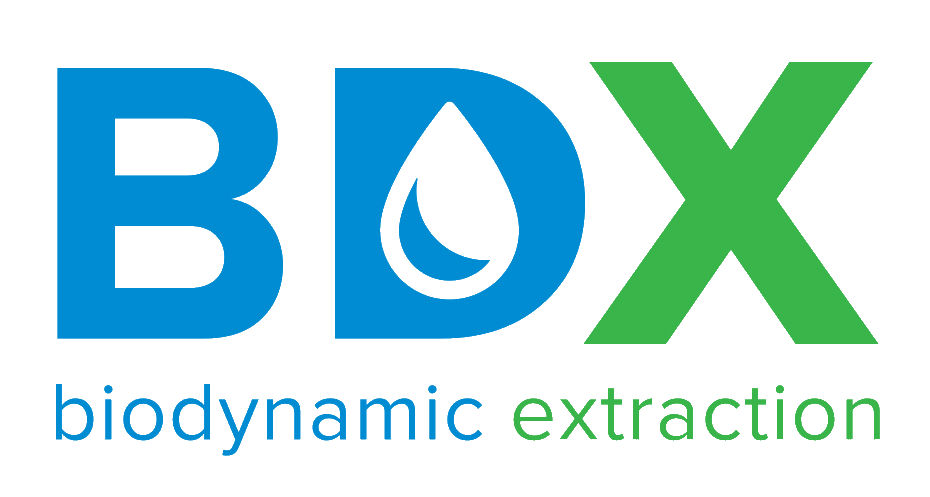A New Standard in CBD Testing
By now, you have probably heard us talk about quality volatility due to a lack of regulation in the CBD market. But, what does that actually mean? And, what can be done about it?
“Labs can accurately measure how much sugar is in your orange juice because they have standardized methods and reference materials for that type of product,” said Susan Audino, a chemistry consultant and science adviser. But, these methods and reference materials have yet to be developed for cannabis testing.
Innovation on the Horizon
The National Institute of Standards and Technology (NIST) has launched a program to help laboratories accurately measure key chemical compounds in marijuana, hemp and other cannabis products. The program, which has been dubbed the Cannabis Quality Assurance (CannaQAP) program, aims to increase accuracy in product labeling and help forensic laboratories distinguish between hemp, which is legal in all states, and marijuana, which is not.
The goal, said NIST research chemist Brent Wilson, is to help labs produce consistent measurement results. “When you walk into a store or dispensary and see a label that says 10% CBD, you want to know that you can trust that number.”
Let’s Put a Label on it!
The labels on most cannabis products list the concentration of at least two chemical compounds: THC and CBD. Those numbers are also important as a matter of criminal law.
The 2018 Farm Bill legalized any cannabis material with a THC concentration below 0.3%, categorizing it as hemp. At or above that number, it’s marijuana, and illegal in many states and by federal law. A farmer’s crop can be destroyed based on that number, and interstate shipments can be seized.
“When you walk into a store or dispensary and see a label that says 10% CBD, you want to know that you can trust that number.”
The Program
Here’s how CannaQAP will work. In the first round of exercises, NIST will send hemp oil samples — all with the same concentrations of THC, CBD and 15 other cannabinoid compounds — to participating labs. Those labs won’t be told the concentrations, but will measure them and send their results to NIST, along with the analysis methods used.
After collecting responses, NIST will publish the measurements the labs obtained and compare variability between labs and their testing standards. Correct measurements will be published as well, so each lab will be able to see how accurate its measurements were and how it performed relative to its peers.
NIST has stated an emphasis on the anonymity of participating labs. “Anonymity means that labs don’t have to worry about how their performance will be viewed,” said NIST research chemist Melissa Phillips. “Our goal is to help labs improve, not to call them out.”
A Step in the Right Direction
The NIST researchers will also assess whether some laboratory methods consistently produce better results than others. If so, they can recommend that labs adopt the better-performing methods.
“Our goal is to support U.S. industries by helping labs achieve high-quality measurements,” Phillips said.
Company Update: The BDX Lab
We take pride in our products and know that we need to have the in-house testing capabilities and expertise to back it up. Immediately after founding BDX, we invested in industry leading testing equipment and hired an experienced analytical chemist to lead our quality assurance practices. Before we ever send a product to a customer, we double check our tests at a 3rd party DEA certified lab. While DEA certification is not required, it means that the lab has more experience working with cannabis and therefore can deliver more reliable results.
Nonetheless, we know that there are always improvements to be made. As the CannaQAP continues, we will keep a close eye on the results, the accompanying regulatory changes, and testing best practices to ensure that our procedures enable us to produce the best product possible for our customers.
Laboratories that are interested in participating in CannaQAP can find more information and can register online. Registration in the first exercise involving hemp oil will be open through Aug. 31, 2020.




